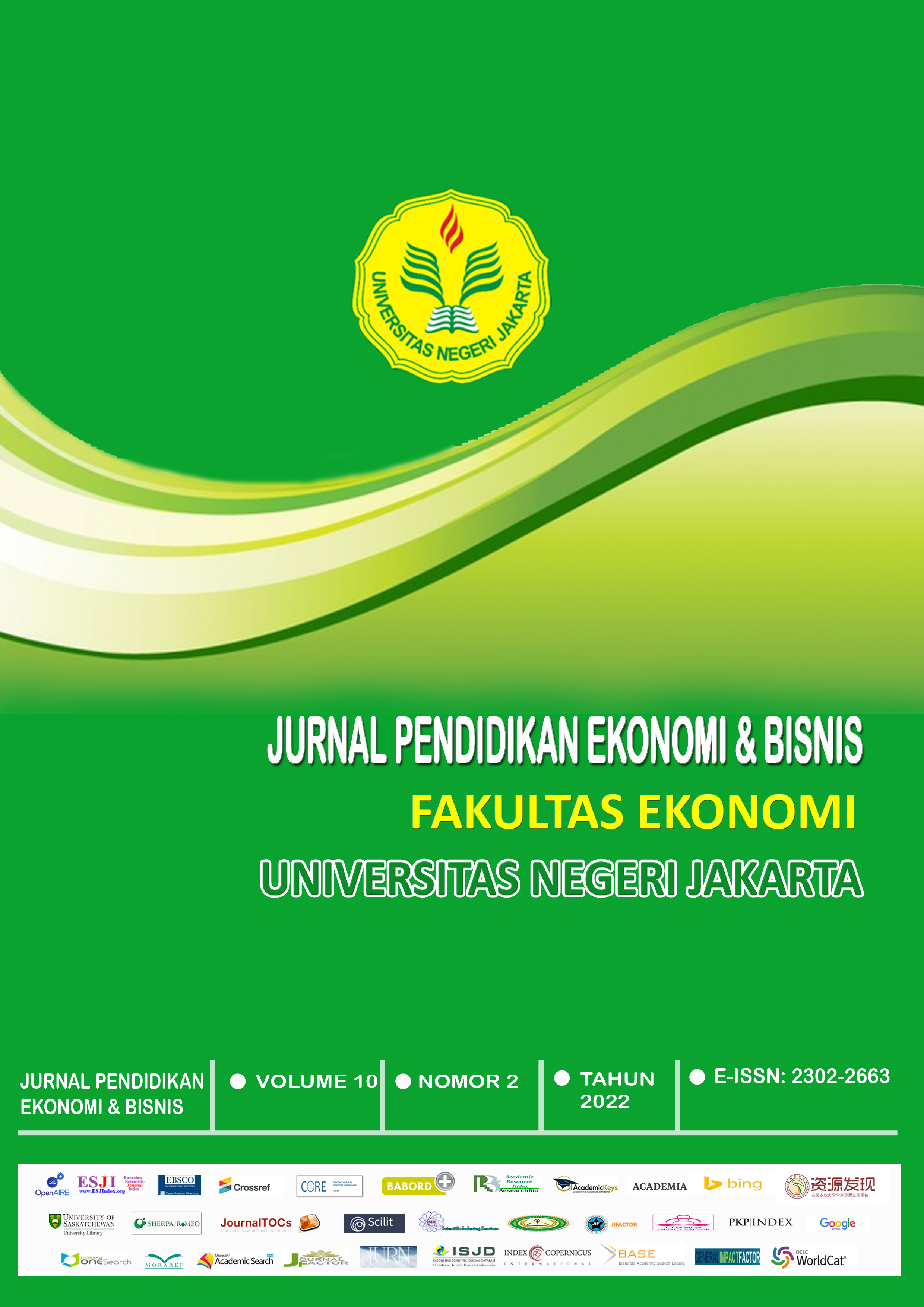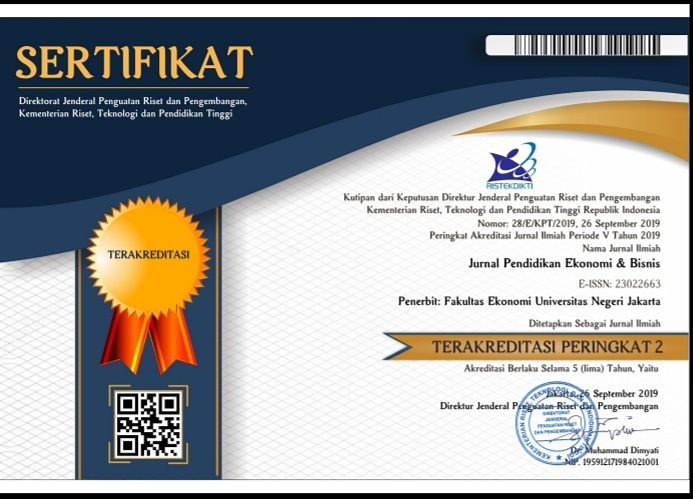Soft Skill Analysis: Rasch Model on Generation Z in Greater Jakarta
DOI:
https://doi.org/10.21009/JPEB.010.2.1Keywords:
Emotional Intelligence, Gen Z, Academic Achievement, Ability, Soft Skill, Rasch ModelAbstract
Emotional Intelligence (EI) has been identified as a good predictor of academic success. A multigenerational study says that Gen Z is inclusive because they place a high value on human interactions, which indicates EI. Rasch Model Analysis was used to explore Gen Zers' emotional intelligence based on their academic success. Gen Z students with high GPAs may have more emotional intelligence (EI) than those with low GPAs. A personal survey questionnaire and convenience sampling collected data from Gen Z students in Greater Jakarta higher education institutions. A Rasch Model analysis shows disparities in EI levels across students with high and low GPAs, yet the students with high GPAs do not have direct EI since the difference in EI level based on GPA is statistically insignificant. According to the Rasch Model Analysis, gen Z's EI is primarily high. EI. In terms of EI dimensions, Self Awareness dimensions show Gen Z is open to feedback. In contrast, Self-Management believes that Generation Z students will see their flaws. According to the Social Awareness findings, Gen Z students would become friends with anyone. Meanwhile, the Relationship Management component demonstrates that Generation Z students seek mutually beneficial solutions.
Downloads
Published
How to Cite
Issue
Section
License
Articles in Jurnal Pendidikan Ekonomi & Bisnis are Open Access articles published under the Creative Commons CC BY-NC-SA License This license permits use, distribution and reproduction in any medium for non-commercial purposes only, provided the original work and source is properly cited. Any derivative of the original must be distributed under the same license as the original.








